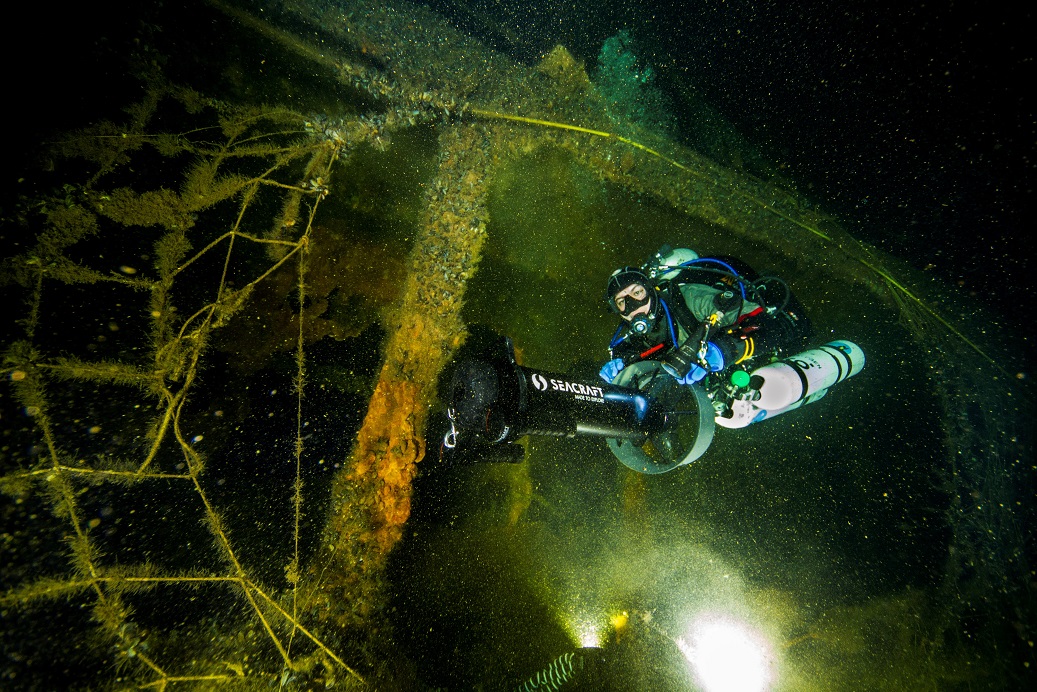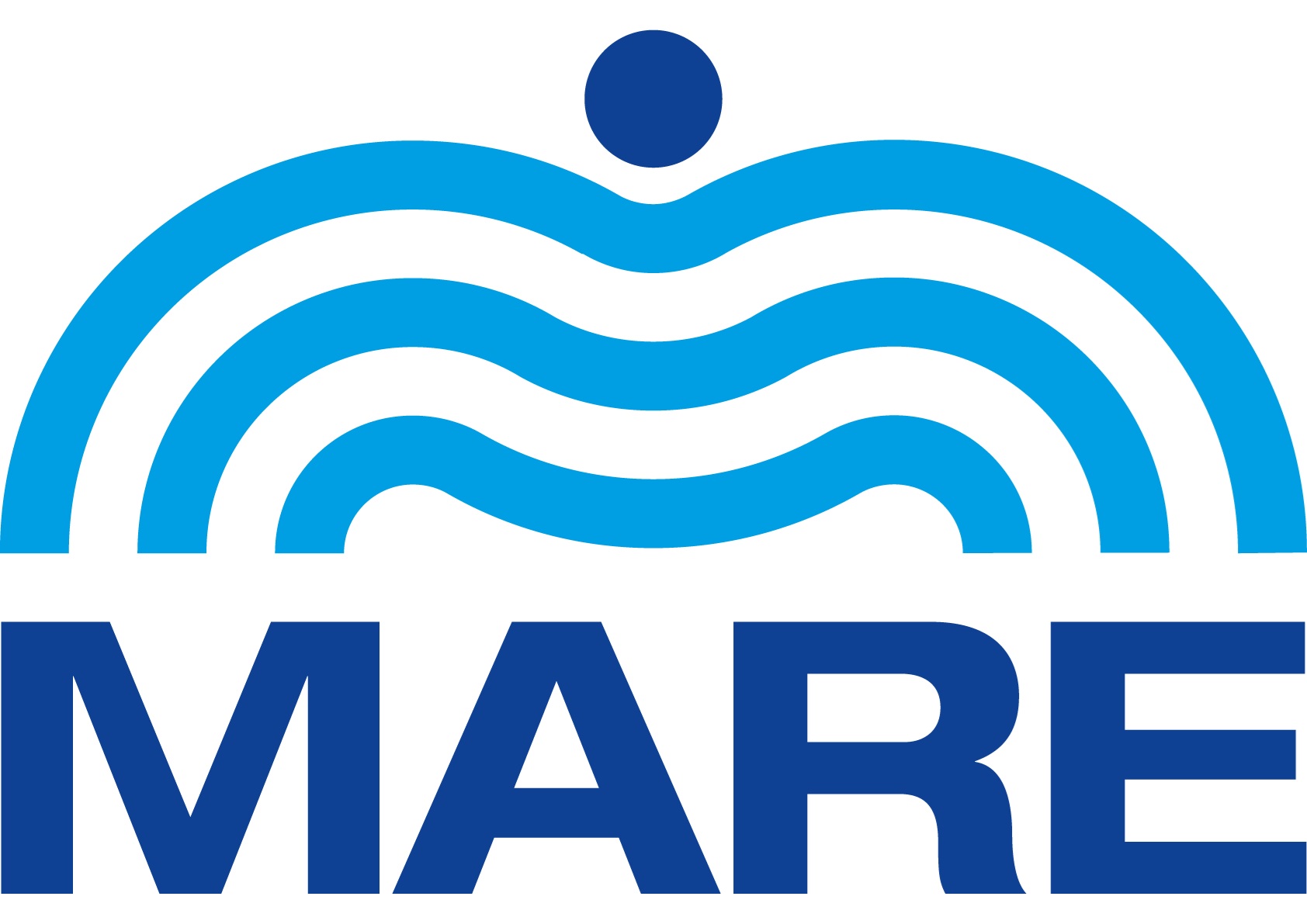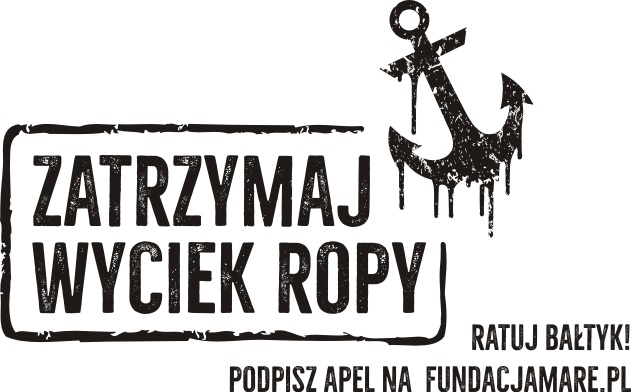Reduction of negative impact of oil spills from the Franken shipwreck

Situation and background
The tanker Franken is the largest identified wreck in the Gdańsk Bay and is located near numerous Natura 2000 sites, reserves, and a colony of protected grey seals. Preliminary estimations based on historical materials and field trips, indicate that the ship tanks may still contain up to 3 000 tonnes of fuel and 1 000 tonnes of other oil products. Due to the corrosion of the ship’s hull, every year the ship’s plating is decreased by approx. 0,1 millimetres and thus, since the Franken is already 70 years old, the overall corrosive loss is estimated at approx. 7mm. Consequently, such substantial loss of plating may result in the ship’s collapse and uncontrolled leakage of a considerably higher amount of fuel than in the case of the Stuttgart wreck. The preliminary analysis carried out by the Maritime Institute in Gdańsk indicates that due to the direction and intensity of sea currents, if this black scenario is fulfilled, the released fuel may contaminate significant areas of the Gdańsk Bay, including several Natura 2000 sites and the beaches from the city of Piaski to Hel. In such case, many valuable and protected habitats and species could disappear and the achievement of the objectives of the Maritime Strategy Framework Directive could be jeopardized. Therefore, there is an urgent need to carry out a detailed research of the wreck to develop a suitable Action Plan in cooperation with national and regional authorities, private companies and research institutions.
Project Goal:
- The project’s aim is to develop an action plan to secure the Franken shipwreck and to obtain the financial support to implement the prepared plan of action through lobbying and communicational activities. The project will also contribute to raising awareness of for the issue of oil spills from the wrecks and potential negative environmental and economic consequences
Objectives:
- investigating the scale of the problem posed by the Franken shipwreck through a research expedition aimed at assessing the risk of an oil spill, the level of corrosion and the estimated amount of fuel.
- developing two Action Plans: 1) a specific action plan for the retrieval activities on the Franken, and 2) a universal action plan (based on the specific action plan for the Franken) on how to step-by-step solve the problem of potential oil and fuel spills from other shipwrecks located in the Baltic.
- raising the awareness of the society about the potential risks posed by the Franken. The main aim of the educational media campaign will be to gain the support of the public through signatures under an online petition addressed to the government. The campaign will put social pressure on the government to take over the responsibility and commit to solving the problem.
- securing the support of the government and business to finance and implement the Action Plan for the Franken
Activities:
- wreck survey to prepare the preliminary penetration plan of the Franken
- research expedition to gain information on the exact amount of fuel and oil deposited in the Franken shipwreck
- international scientific conference to present the results of the Franken investigation
- workshop roundtable with international experts
- opening press conference for a two-stage media campaign (Warsaw and on the Polish coast)
- presentation of a petition to national and local authorities
- scientific conference to present the outcome of the conference
Long term effects:
- reduction of probability of ecological disaster in the Gdansk Bay caused by a potential large scale oil spill from the Franken wreck
- mitigating the subsequent large damages to the local habitats and species
- universal action plan for the prevention and reduction of the negative impact of potential fuel and oil leaks from other shipwrecks in the Baltic will be established
Impressions:
Beneficiary
The MARE Foundation
Partners
Maritime Institute Gdańsk
Project region
Poland – Gdańsk Bay
Project duration
2018-02-01 – 2021-01-31
Budget
total project budget: €255,600
funding BaltCF: €223,100

